CONDITIONERS
Moisturising Conditioners And Protein Conditioners
An essential element in maintaining healthy hair is deep conditioning, which plays a crucial role in enhancing and preserving the moisture-protein balance. This balance is vital for improving elasticity, ultimately reducing breakage by making the hair more flexible and less brittle.
When it comes to deep conditioners, there are two main types to consider: protein and moisturizing deep conditioners. While both have their purposes, the question arises – do you truly need both? How can you determine when to opt for a protein deep conditioner instead of a moisturizing one, or vice versa?
WHEN TO CHOOSE MOISTURE:
Opt for moisture-based treatments when your hair is in good health, free from damage or chemical processes like color treatments. In such cases, the need for protein deep conditioning is minimal, as adding protein might have adverse effects. Protein overload can occur, forming a hardened coating on the hair strand that leads to breakage and prevents moisture penetration into the hair follicle.
For those with low porosity hair, this issue can be more pronounced since the smooth and close structure of the hair follicle makes it challenging for protein to be absorbed. This is commonly referred to as protein sensitivity. What’s the solution in such situations? Consider using a moisturizing deep conditioner that doesn’t contain protein. Below are some products :
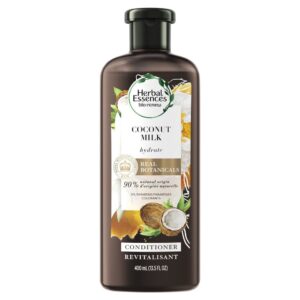
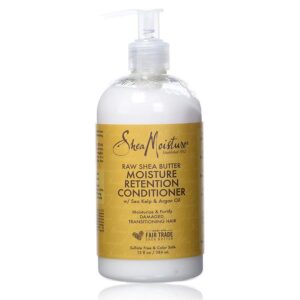
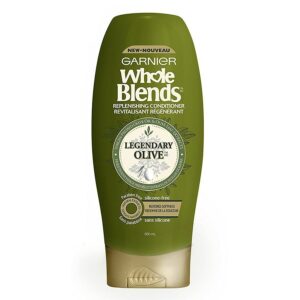
WHEN TO CHOOSE PROTEIN:
Opt for protein and moisturizing deep conditioners in your hair care routine when your hair is damaged, color-treated, or frequently subjected to heat styling. Protein is particularly beneficial for high-porosity hair as it aids in “filling in the gaps” of the open or raised cuticle layer, assisting your hair in retaining moisture. Below are some products :
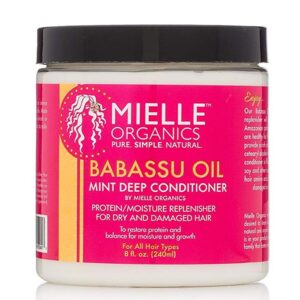
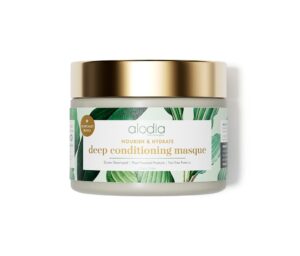
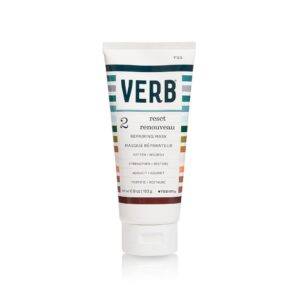
For our hair to flourish and maintain strength and elasticity, it requires a balance of both moisture and protein. Deep conditioners come in varieties that specifically provide moisture, others that concentrate on delivering protein, and some that offer a combination of both.




